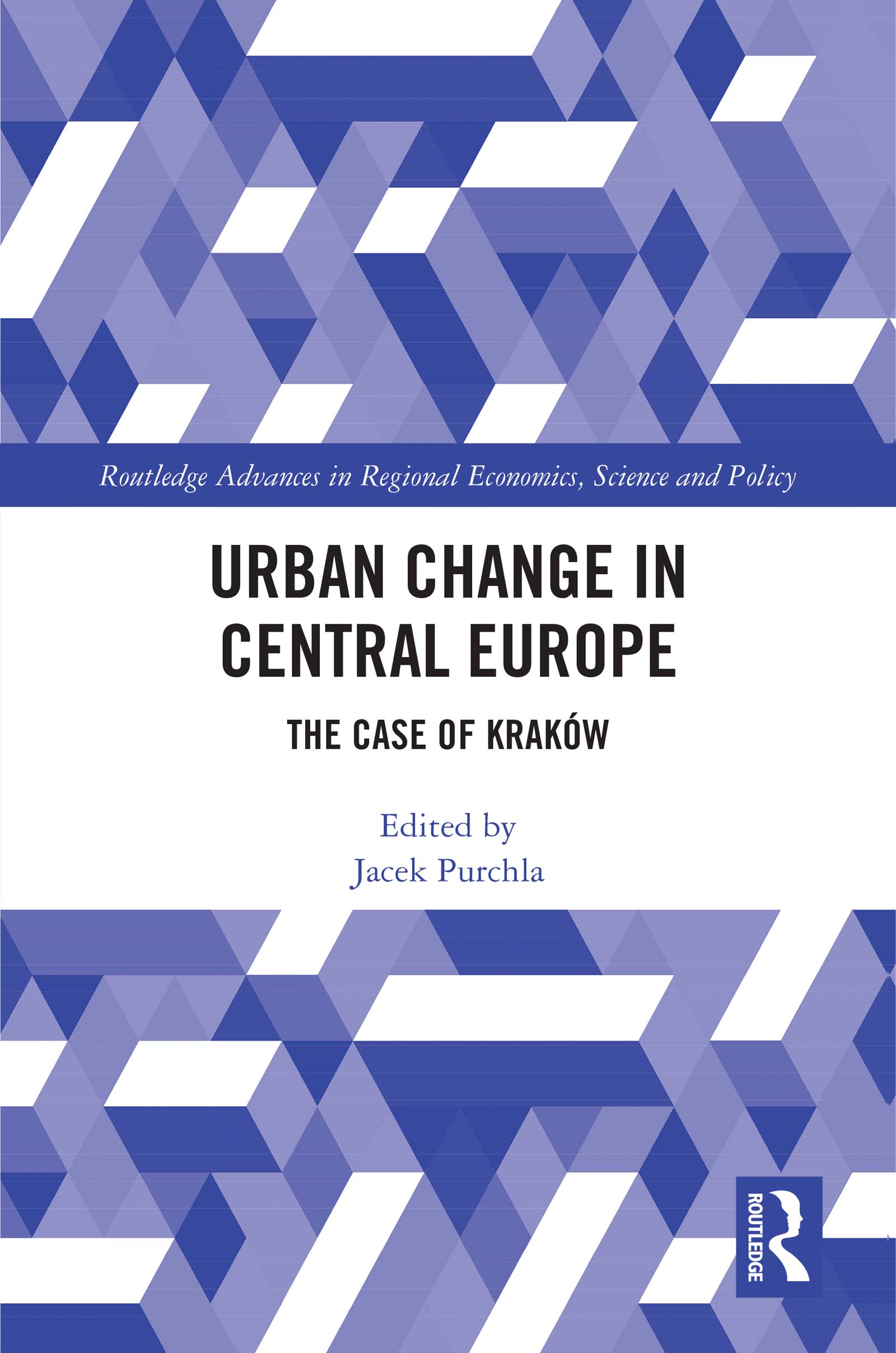This book describes the social and economic issues that emerge from mothers in labor markets. It provides insight in what the quantitative effect of motherhood on the decline in mothers’ earnings is, and how things differ for mothers with lower income and lower levels of education. It also sheds light on how this effect varies for different countries and/or cultural areas, and what the impact of socio-economic policies on mothers’ labor supply is and how it changes in different family contexts. The book covers topics such as labor participation and hours of work, paid-work and home production, flexibility and work from home, self-employment and entrepreneurship, fertility and maternity leave, wage-penalty and career interruption, labor supply and childcare, gender norms and cultural issues, intra-household wage inequality and much more. This book provides an interesting read to economists, social scientists, policy makers and HR managers and all those interested in the subject.












